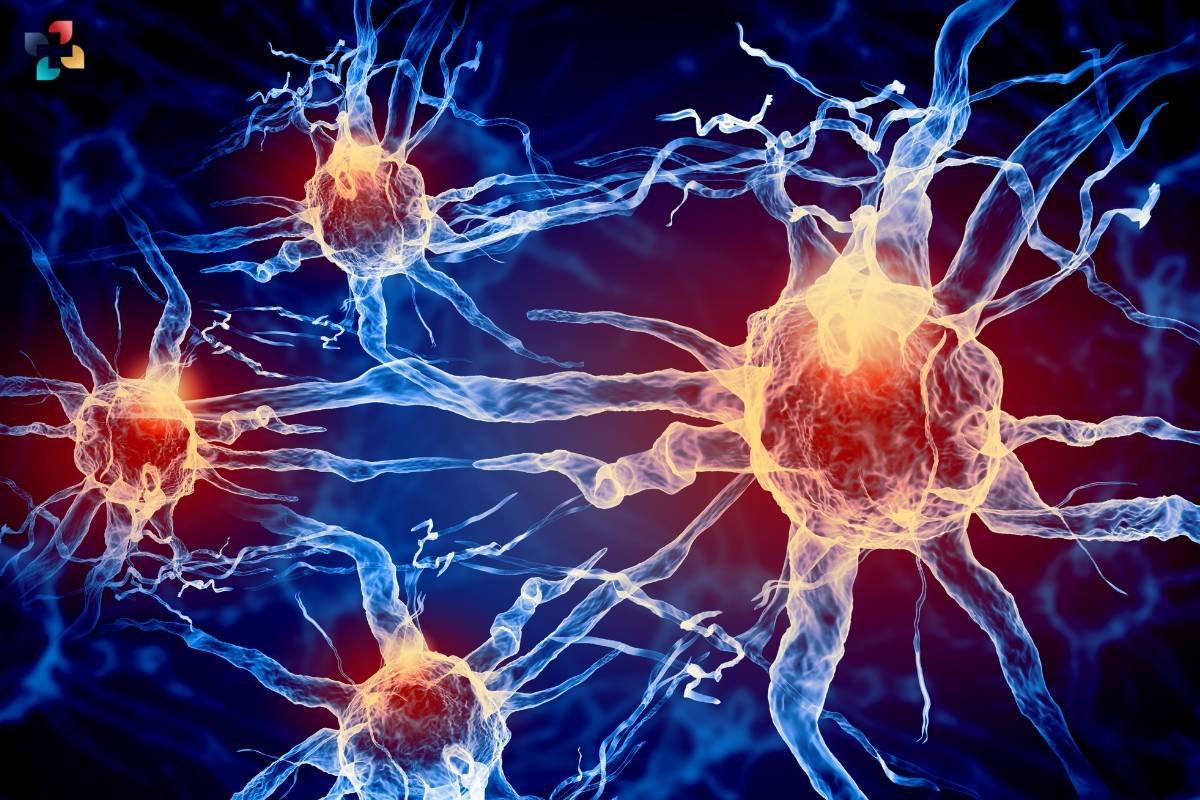Unveiling Early Breast Cell Changes
Researchers at the University of Cambridge have made a groundbreaking discovery in breast cancer research by creating the largest catalog of human breast cells. This comprehensive catalog has shed light on early cellular changes in individuals carrying mutations in the BRCA1 and BRCA2 genes, known to increase the risk of breast and ovarian cancer.
Insights from the Human Breast Cell Atlas
Through their study published in the journal Nature Genetics, the researchers uncovered intriguing findings about the immune cells in the breast tissue of healthy BRCA gene mutation carriers. These immune cells displayed signs of malfunction termed ‘exhaustion,’ suggesting an inability to clear out damaged breast cells. This phenomenon, previously observed only in late-stage tumors, underscores the significance of identifying early changes in breast tissue.
BRCA Gene Mutations and Breast Cancer Risk: All You Need to Know
Implications for Preventative Treatment
The study’s findings offer promising implications for preventative breast cancer treatment. By leveraging existing immunotherapy drugs, researchers aim to intervene early and prevent the development of breast cancer in BRCA gene mutation carriers. The ‘Biology to Prevention Award’ from Cancer Research UK has provided funding for trials in mice to assess the effectiveness of this preventative approach. If successful, this approach could pave the way for pilot clinical trials in women carrying BRCA gene mutations, offering a potential alternative to risk-reducing surgery.
Conclusion:
The study marks a significant advancement in breast cancer research, highlighting the importance of early detection and intervention in individuals at high risk of developing the disease. With further research and clinical trials, the insights gained from this study have the potential to revolutionize preventative breast cancer treatment strategies, ultimately improving outcomes for individuals at risk of hereditary breast cancer.











